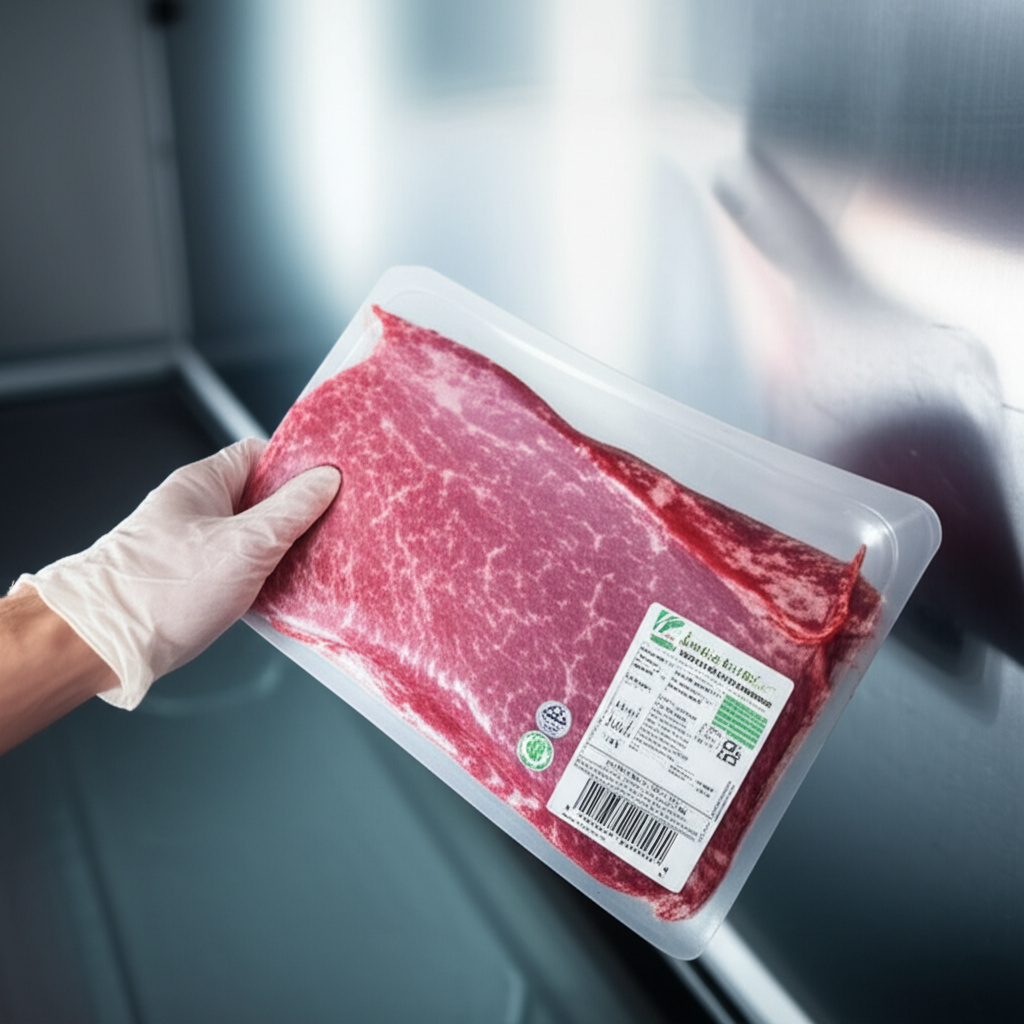
The journey of Halal food from farm to fork involves more than just preparation—it demands meticulous attention at every stage, especially during transportation. In the U.S., where the Halal food industry is expanding rapidly, maintaining compliance during transit is a critical yet often overlooked challenge. With the global Halal market valued at trillions and growing, ensuring that food remains uncontaminated and true to Islamic dietary laws is essential for businesses and consumers alike.
One of the biggest hurdles in Halal logistics is preventing cross-contamination. Shared transport vehicles, improper cleaning, and lack of segregation can compromise the integrity of Halal products. Unlike countries with centralized Halal regulations, the U.S. relies on multiple private certifiers, each with varying standards. This fragmentation complicates logistics, requiring businesses to align with specific guidelines while navigating a complex supply chain. Temperature control and staff training further complicate matters, as even minor lapses can void certification and erode consumer trust.
To address these challenges, companies are adopting innovative solutions. Blockchain technology is gaining traction for its ability to provide tamper-proof supply chain records, allowing consumers to verify a product’s Halal status with a simple scan. IoT sensors monitor storage conditions in real time, ensuring perishable goods remain compliant. Meanwhile, specialized logistics providers are emerging, offering dedicated Halal transport services to eliminate contamination risks. Sustainability is also becoming a priority, with electric vehicles and eco-friendly packaging aligning with both Islamic principles and consumer demand for greener practices.
Small businesses, while facing financial constraints, are finding creative ways to compete. Cooperative transport models and affordable tracking technologies help reduce costs while maintaining compliance. Government agencies, though not directly regulating Halal standards, play a role through food safety laws that complement certification requirements. As the industry evolves, collaboration among producers, certifiers, and logistics providers will be key to standardizing practices and ensuring transparency.